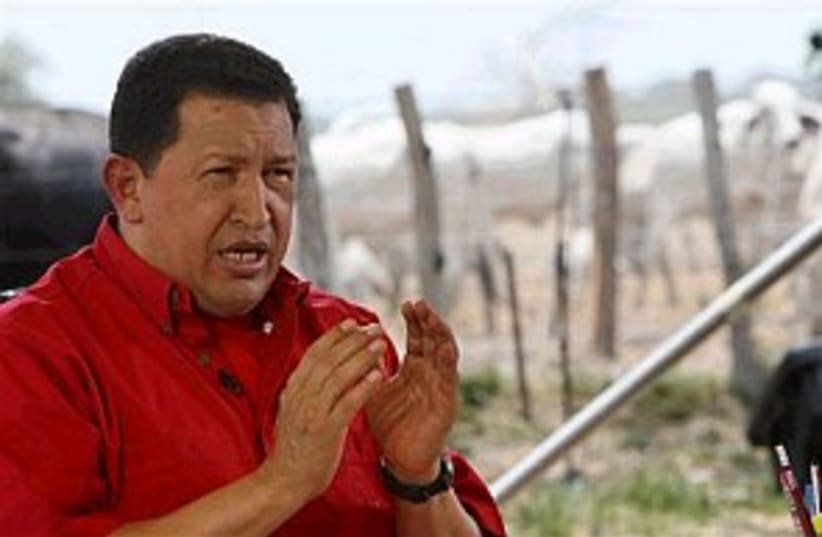| THE IRANIAN THREAT | |
| JPost.com special: news, opinion, blogs and more |
Ahmadinejad: Bombs won't fix world
Says he didn't deny Holocaust but that he merely "raised questions on it."


| THE IRANIAN THREAT | |
| JPost.com special: news, opinion, blogs and more |